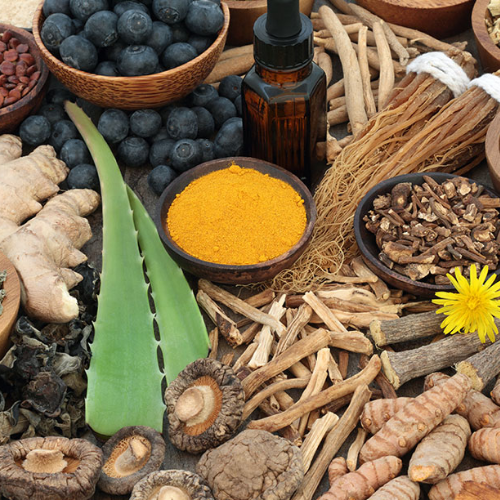
THE THREE STAGES OF STRESS
- Alarm stage: This is the body’s immediate reaction to acute stress and is characterised by symptoms such as an increased heart rate, sweating, nervous fidgeting, or feeling tense, anxious, worried. This reaction is part of the “fight or flight” stress response, which results in a burst of adrenaline through our system.
- Resistance stage: If the stressful situation comes to an end the body will then return to normal; however, if the stressor remains, stress hormones continue to be produced. Fatigue, sleep disturbances, irritability, poor concentration, and chronic anxiety can develop as receptor sites become resistant to stress hormone levels and increasing quantities of stress hormones need to be produced to cope with the ongoing stress.
- Exhaustion stage: After an extended period of stress, the body goes into the final stage of the stress response. At this stage, the body has depleted its energy resources. Once it reaches the exhaustion stage, the body is no longer equipped t to fight stress and this may cause tiredness, sadness, and feeling unable to cope.
KEY ADAPTOGENIC HERBS
Astragalus:
It supports the immune system and the stress response through its tonifying, antioxidant, immunomodulating and immunorestorative activities. The HPA axis and the immune system are intricately linked, with increased stress causing potential immune suppression. Affecting both the specific immunity and non-specific immunity, astragalus is capable of stimulating macrophage function, modulating T-helper cell balance and regulating cytokine expression
Bacopa:
It improves memory performance and cognitive function and has also been shown to normalise ACTH and corticosterone levels. Studies show that Bacopa extract acts as a free radical scavenging agent, increases concentration of glutathione and other enzymatic antioxidants and protects brain cells from cytotoxicity and DNA damage. Bacopa also promotes hippocampal neurogenesis by boosting levels of brain-derived neurotrophic factor (BDNF) levels.
Rhodiola:
It is an adaptogen with a unique mechanism of action. It normalises the release of stress hormones while simultaneously boosting energy metabolism through the activation of ATP synthesis in the mitochondria. This dual mode of action allows Rhodiola to provide physical and physiological symptom relief, balance stress hormone levels, and increase energy. Rhodiola extract, at a dose of 400mg per day, reduced exhaustion and somatic symptoms of 101 subjects with life stress symptoms over 4 weeks.
American ginseng:
Like Korean ginseng, contains the active constituents ginsenosides; however, unlike Panax ginseng, American ginseng is non-stimulating and is therefore highly beneficial in patients in Stage 2 of the stress response – i.e. “wired and tired” patients. American ginseng modulates HPA responses and supports GABA and serotonin production, making it very useful for symptoms of anxiety and nervous tension.
Siberian ginseng:
It is effective for chronic stress, mental performance, physical stamina and fatigue conditions. It is rich in the active constituents, eleutherosides, and has been shown to boost energy levels, support the adrenals during times of stress, support the nervous system, and optimise immune function during times of stress.
Withania:
Originally used in Ayurvedic medicine, Withania is a potent adaptogen which amphoterically modifies HPA axis activity – this makes it useful in both Stage 2 and Stage 3 of the stress response. Clinical evidence supports the actions of Withania in reducing cortisol, whilst supporting energy levels. In a recent double-blind, placebo controlled study, Withania was given to 98 chronically stressed adults in Stage 2 of the stress response. The herb was shown to significantly reduce cortisol levels and modulate feelings of anxiety within 30 days.
Herbal formulations can be made on demand at our clinic, just call Christine or Michael
on 3 9762 6093.
Christine Gozlan
B.H.Sc Naturopathy
Dip. Herbal Medicine
Dip. Nutrition
